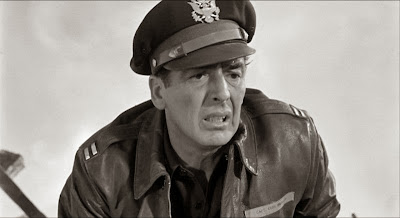"Every New Year is the direct descendant, isn't it, of a long line of proven criminals?"
But let's raise our glasses anyway. Happy New Year, everyone! In the words of C.C. Baxter, I absolutely adore you. And in my own words, I wish you three hundred and sixty-five new days of joy and good fortune. With a little madness thrown in.
Quote belongs to Ogden Nash.
Picture belongs to Dsata at Pictures Blog. Psst, Dsata, where did you find this one? It's amazing.


_01.jpg)















